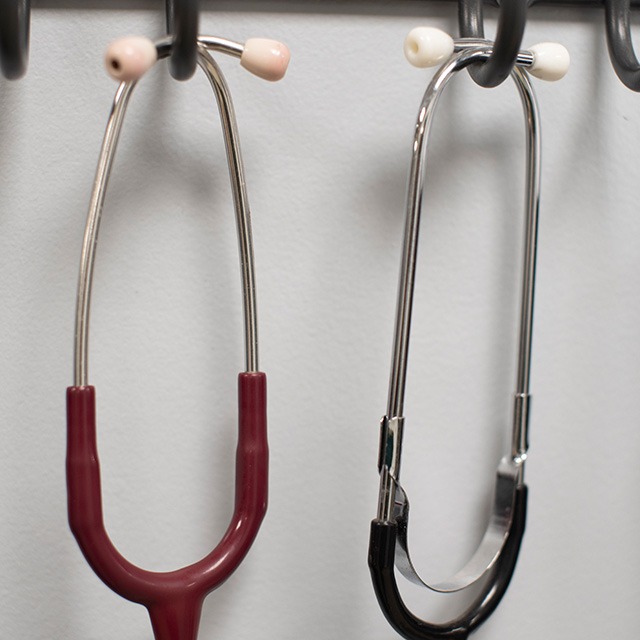Companion Animal Veterinary Services
Companion Animal Veterinary Services
Our goal is always to keep your best friend feeling their best, from head to paw! This includes preventative care, as well as treatment of acute conditions. We offer a wide range of services relating to preventative care:
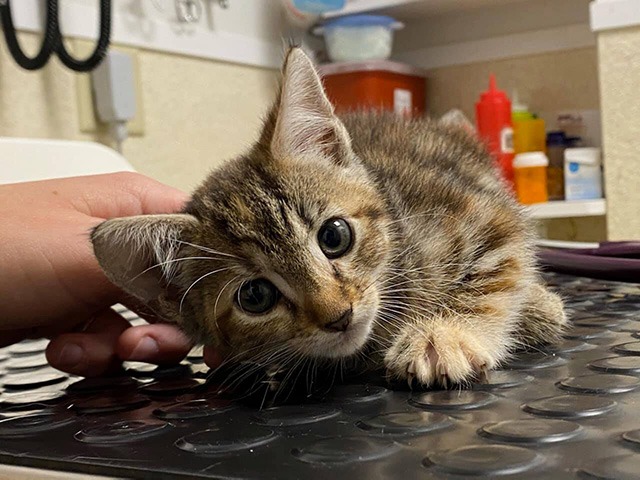
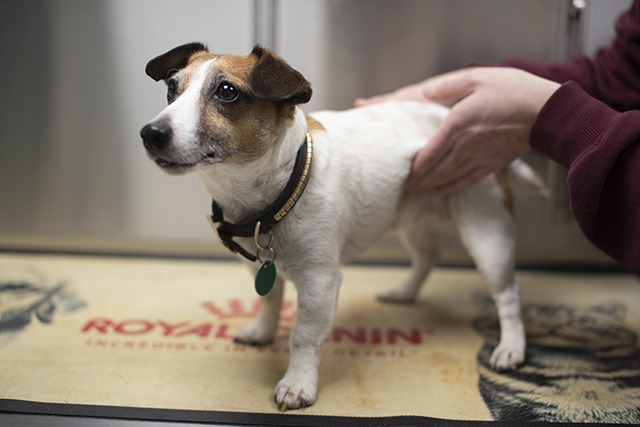
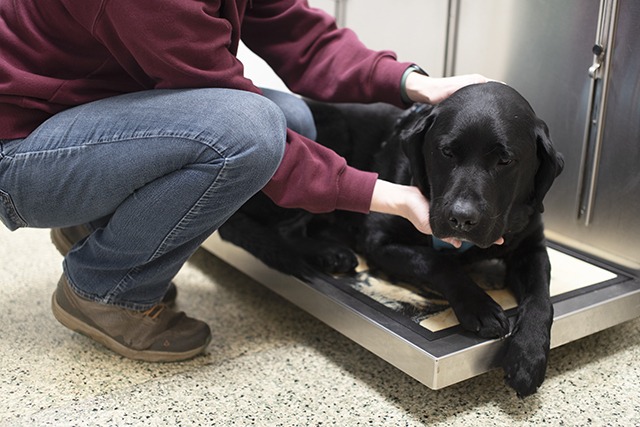
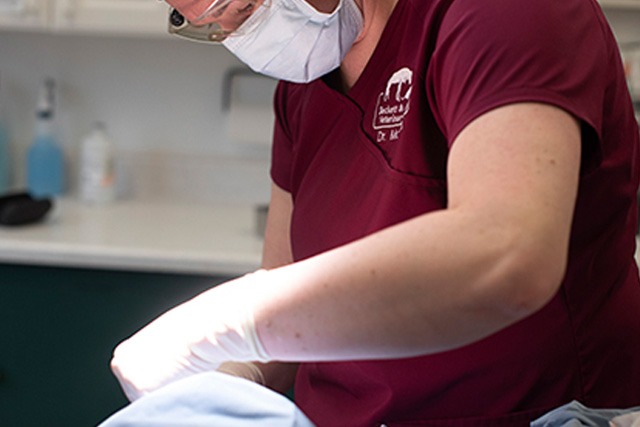
Click On A Veterinary Service Below To Learn More
Diagnostics
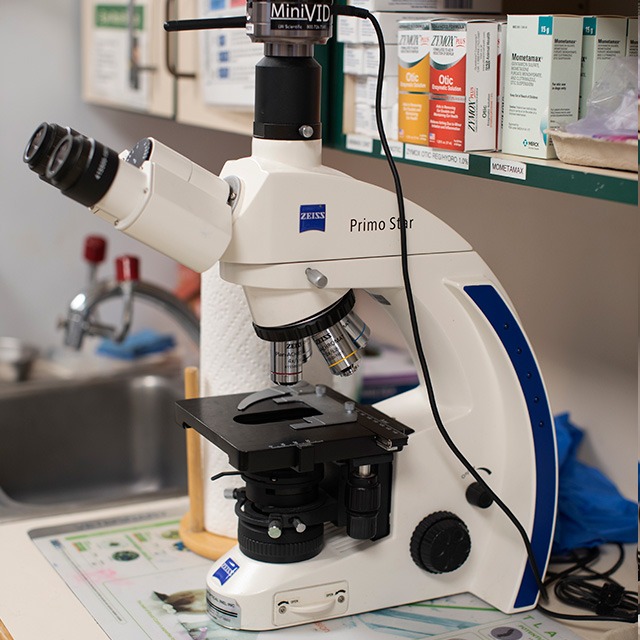
Diagnostics
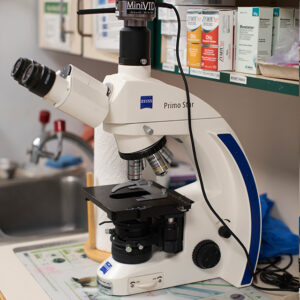 As veterinary professionals, we want to do everything possible to lengthen and enhance the quality of life for your pet. Since animals can’t always tell us if something is wrong and they “age” faster than people do, it’s important to routinely examine your furry family member at least once a year.
As veterinary professionals, we want to do everything possible to lengthen and enhance the quality of life for your pet. Since animals can’t always tell us if something is wrong and they “age” faster than people do, it’s important to routinely examine your furry family member at least once a year.
Many conditions can be detected, treated, or prevented altogether with thorough, routine examinations. It’s not uncommon for us to find low-grade skin and ear problems, developing heart disease, dental disease, and evidence of arthritis in these exams. All of these problems are best addressed sooner rather than later for your pet’s comfort and its overall prognosis.
Regular exams also allow us to chart the course of potential diseases to determine whether it is progressive or static.
A normal exam includes the following:
- Listening to the heart and lungs with a stethoscope to check for abnormal heart rhythms, murmurs or abnormal lung noises
- Palpating the abdomen to assess the size and shape of the internal organs and check for masses
- Palpating the lymph nodes: enlarged lymph nodes can indicate infection or some types of cancers
- Examining the ears with an otoscope to assess the eardrum and identify inflammation and debris
- Examining the eyes to look at the eyelids, cornea (front), lens (middle), and retina (back of the eye)
- Examining the oral cavity to assess periodontal disease such as gingivitis and tartar
- Examining the haircoat for texture, evidence of skin infection, fleas, and/or ticks
- The joints may all be manipulated to determine the source of lameness or to identify arthritic joints
- The temperature will be taken rectally. A rectal exam may be done to assess the anal glands, look for signs of constipation or obtain a sample of feces.
Puppy & Kitten Exams:
- You may notice that puppies and kittens get exams every time they come in for shots. This is similar to the way that human infants are examined frequently during their first 2 years of life, in order to make sure that development is progressing normally, and to catch any problems such as infections before they become serious.
We typically start the vaccination series and deworming between 6-8 weeks and the schedule can vary depending on your animal’s specific risk of diseases.
Canine Vaccinations:
- DAP- Distemper, Adeno & Parvo (Viruses) Rabies Virus
- Leptospirosis (Bacteria)
- Lyme Disease (Bacteria)
- Bordetella/Kennel Cough (Bacteria)
- Influenza Virus
Feline Vaccinations:
- Rabies Virus
- HCP- Herpes, Calici, Panleukopenia (Viruses)
- FeLv- Feline Leukemia Virus
Dentistry
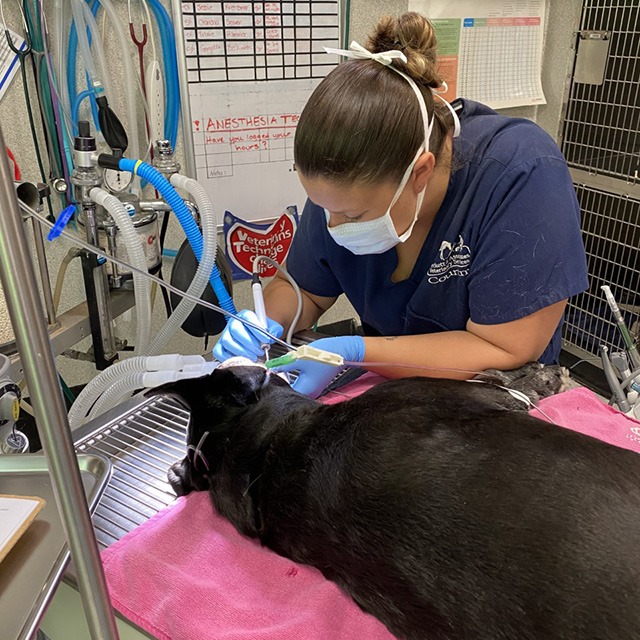
Dentistry
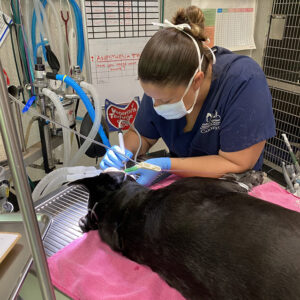 At Beckett & Associates, we recommend preventive and proactive dental care for all companion animals. From teaching young puppies and kittens to accept routine oral care in the form of regular teeth brushing to having routine cleanings, dental care is a critical part of your pet’s long term health plan.
At Beckett & Associates, we recommend preventive and proactive dental care for all companion animals. From teaching young puppies and kittens to accept routine oral care in the form of regular teeth brushing to having routine cleanings, dental care is a critical part of your pet’s long term health plan.
Being proactive with dental care is even more vital for pets than it is for humans, because our furry companions can’t talk. By discovering issues at the onset, we can prevent them from suffering silently.
In our routine cleanings, we remove mild tartar buildup and evaluate for periodontal disease which is common in cats and dogs. This infection occurs below the gumline, so it’s only detectable during a thorough cleaning.
All patients are sedated for dental cleanings, for their safety. We also offer more advanced dental cleanings and procedures under general anesthesia, including tooth extractions, and oral surgery.
End of Life Care
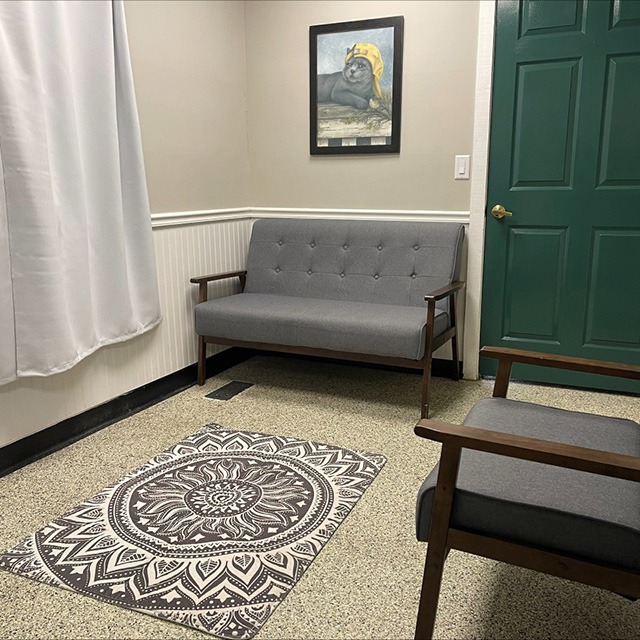
End of Life Care
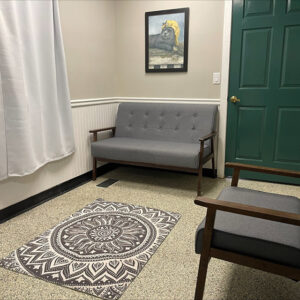 As pet owners, we understand firsthand how difficult it is to say goodbye to a beloved companion. That’s why we offer different options for you and your pet, based on what brings the most comfort.
As pet owners, we understand firsthand how difficult it is to say goodbye to a beloved companion. That’s why we offer different options for you and your pet, based on what brings the most comfort.
Hospice and Palliative Care:
- If your pet is suffering from a terminal illness and a cure isn’t possible, we’re here to help keep your pet living life to the fullest for the time that remains, not just during the final days.
Our veterinary family will work with you to create a customized hospice care plan to help guide through what to expect, empower you to care for your pet as things progress, and keep your beloved pet as pain-free and comfortable as possible.
We’re here hold your hand through this difficult time and support you through the final chapter of your pet’s life.
Euthanasia:
- Euthanasia is a tool we can use to end suffering when nothing else can be done to help your pet. Although many pet owners often feel guilty about choosing euthanasia for their pet, it is considered an act of compassion, mercy, and love.
At Beckett & Associates, we believe in providing our patients with as many options as possible, so you and your pet can decide on what setting is best for you:
The Comfort Room
- At Beckett & Associates, we have a private “living room” within our hospital dedicated to you and your pet as you say your final goodbyes. The room offers comforting features, such as a loveseat and a comfortable chair, dim lights, soft blankets, and kleenex.
We also encourage our clients to bring special items from home like toys, beds, or favorite snacks so your pet can feel the comforts of their own home.
Outside Euthanasia
- Our hospital is on a farm that’s surrounded by 18 acres of land. If you and your pet would prefer to say your final goodbyes outside of our clinic, we can offer a peaceful outdoor setting.
Many of our clients find more comfort in the fresh air and spaciousness of the nature we have surrounding us. We encourage you to choose what is best for your pet and what will give you the most peace of mind during this difficult time.
In-Home Pet Euthanasia
- If your pet is having mobility issues at the end of their life, traveling to us may be more difficult for them. Some clients have large families that want to surround the pet with a loving presence in their final moments, and others simply feel they can provide their pet with the best comfort possible in their own home setting. Whatever the reason, we offer in-home euthanasias as an option for those who need it.
Our veterinarian will come to your home and talk you through the process and protocol ahead of time, so you know what to expect. Regardless of the setting, all our euthanasias are performed compassionately to ensure the transition is as quick, painless, and peaceful as possible.
Orthopedic Joint Therapies
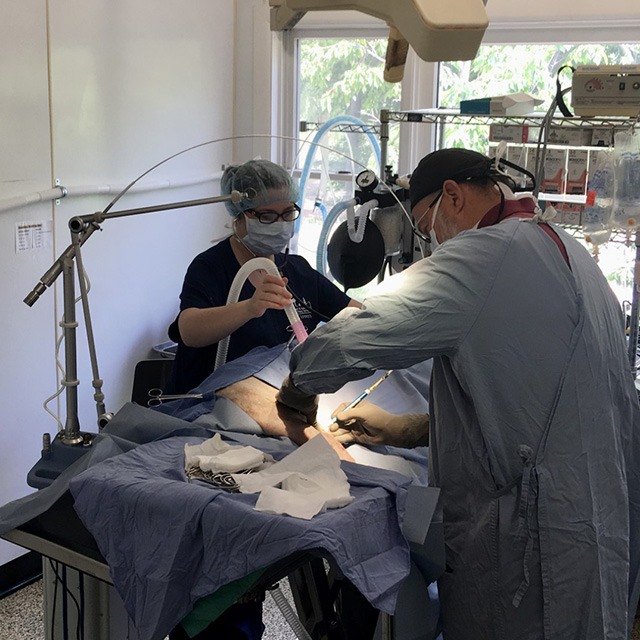
Orthopedic Joint Therapies
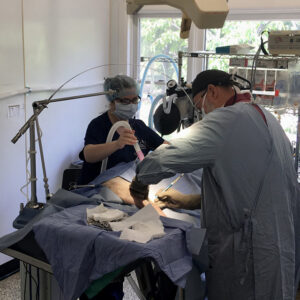 We specialize in all forms of joint therapy for cats or dogs who have osteoarthritis or need joint/bone repair due to injury or congenital defects.
We specialize in all forms of joint therapy for cats or dogs who have osteoarthritis or need joint/bone repair due to injury or congenital defects.
PRP
- Platelet Rich Plasma is a highly concentrated blood sample that contains isolated cells (platelets) and the fluid portion of blood (plasma).
When used as a therapy, PRP can help regenerate and heal tissues by recruiting cells to an area of injury to clean up dead and injured cells. PRP also releases proteins called “growth factors” which are responsible for tissue regeneration.
A small amount of blood is taken from your dog and is processed using a specialized system that concentrates the platelets and the plasma. Once the PRP processing is complete, it is injected directly into the area of injury.
PRP can be used to treat osteoarthritis, acute and chronic soft tissue injuries, tendon injuries, ligament injuries, muscle injuries and certain spinal conditions. Therapeutic effects for mild to moderate osteoarthritis last between 6-12 months for dogs.
Joint Injections
- Intra-articular injection of a variety of anti-inflammatory and joint-protective substances offers a simple, practical, affordable and often highly successful method to treat debilitating osteoarthritis in dogs.
Often, the pain relief your companion sustains from a joint injection can last for much longer than a daily non-steroidal anti-inflammatory medication will, without the associated GI and liver/kidney side effects.
ProloTherapy
- The goal of prolotherapy is to inject counterirritants into the joint capsule and surrounding areas to tighten the tendons and ligaments around the joint. “Prolo” is short for proliferation, because the treatment causes the proliferation of new connective tissue in areas where it has become weak.
Prolotherapy is primarily used to treat stifle joint ligament partial tears and has been clinically shown to increase joint-ligament strength by 30-40%. Often the treated area may feel stronger immediately after Prolotherapy. While it is normal for your pet to experience muscle soreness for a few weeks after the treatment, at around four weeks after treatment, ligament strengthening starts to occur.
Outpatient Ultrasounds
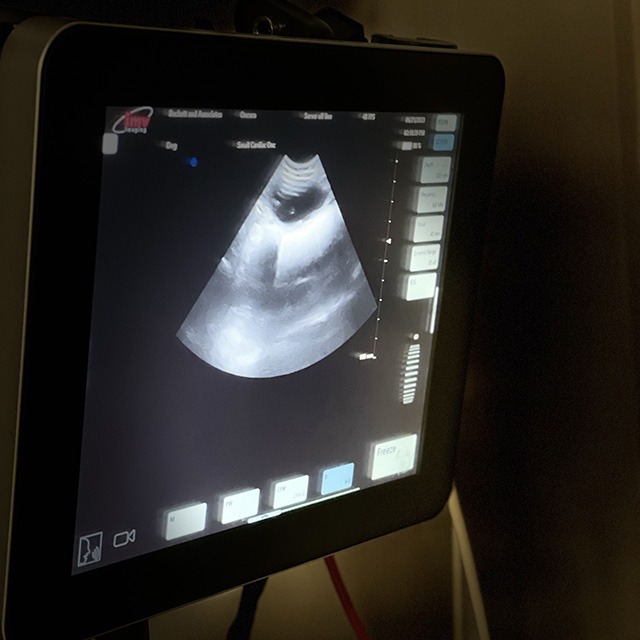
Outpatient Ultrasounds
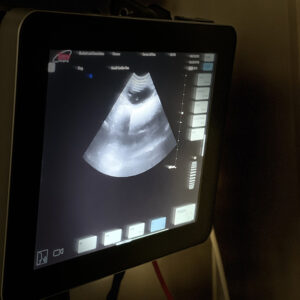
Beckett & Associates is pleased to offer outpatient ultrasound services for pet owners and their referring hospitals.
If your veterinarian has recommended an ultrasound when assessing your pet’s health, you don’t have to wait weeks or months to get into a specialist.
We work with board-certified radiologists and cardiologists who read the images captured by our veterinarians in our clinic. This means we can perform the ultrasound, have a radiologist or cardiologist read the results, and send the pet’s doctor a complete report digitally.
We provide this service to our local community of pet owners because we believe all pets should have timely access to a diagnosis so they can begin treatment sooner, if needed.
Preventative
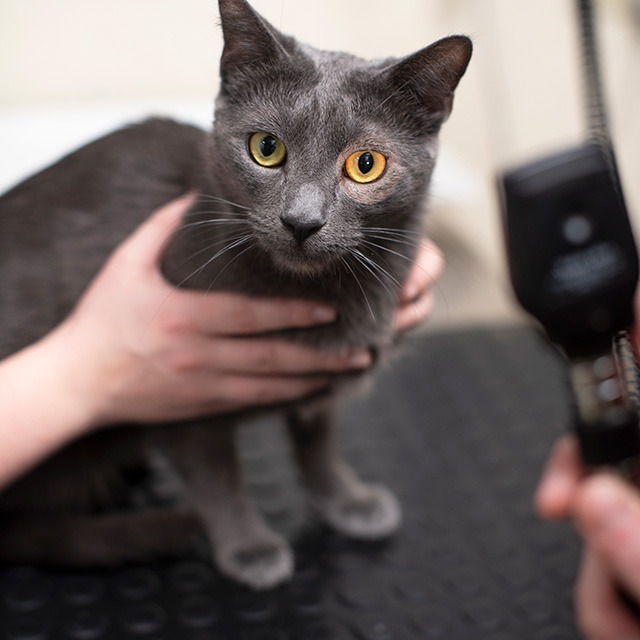
Preventative
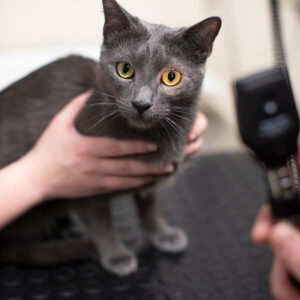 As veterinary professionals, we want to do everything possible to lengthen and enhance the quality of life for your pet. Since animals can’t always tell us if something is wrong and they “age” faster than people do, it’s important to routinely examine your furry family member at least once a year.
As veterinary professionals, we want to do everything possible to lengthen and enhance the quality of life for your pet. Since animals can’t always tell us if something is wrong and they “age” faster than people do, it’s important to routinely examine your furry family member at least once a year.
Many conditions can be detected, treated, or prevented altogether with thorough, routine examinations. It’s not uncommon for us to find low-grade skin and ear problems, developing heart disease, dental disease, and evidence of arthritis in these exams. All of these problems are best addressed sooner rather than later for your pet’s comfort and its overall prognosis.
Regular exams also allow us to chart the course of potential diseases to determine whether it is progressive or static.
A normal exam includes the following:
- Listening to the heart and lungs with a stethoscope to check for abnormal heart rhythms, murmurs or abnormal lung noises
- Palpating the abdomen to assess the size and shape of the internal organs and check for masses
- Palpating the lymph nodes: enlarged lymph nodes can indicate infection or some types of cancers
- Examining the ears with an otoscope to assess the eardrum and identify inflammation and debris
- Examining the eyes to look at the eyelids, cornea (front), lens (middle), and retina (back of the eye)
- Examining the oral cavity to assess periodontal disease such as gingivitis and tartar
- Examining the haircoat for texture, evidence of skin infection, fleas, and/or ticks
- The joints may all be manipulated to determine the source of lameness or to identify arthritic joints
- The temperature will be taken rectally. A rectal exam may be done to assess the anal glands, look for signs of constipation or obtain a sample of feces.
Puppy & Kitten Exams:
- You may notice that puppies and kittens get exams every time they come in for shots. This is similar to the way that human infants are examined frequently during their first 2 years of life, in order to make sure that development is progressing normally, and to catch any problems such as infections before they become serious.
We typically start the vaccination series and deworming between 6-8 weeks and the schedule can vary depending on your animal’s specific risk of diseases.
Canine Vaccinations:
- DAP- Distemper, Adeno & Parvo (Viruses) Rabies Virus
- Leptospirosis (Bacteria)
- Lyme Disease (Bacteria)
- Bordetella/Kennel Cough (Bacteria)
- Influenza Virus
Feline Vaccinations:
- Rabies Virus
- HCP- Herpes, Calici, Panleukopenia (Viruses)
- FeLv- Feline Leukemia Virus
Surgery
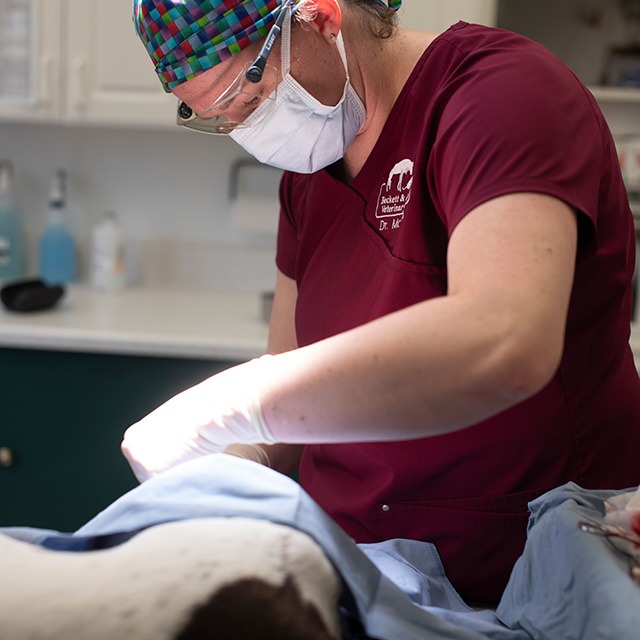
Surgery
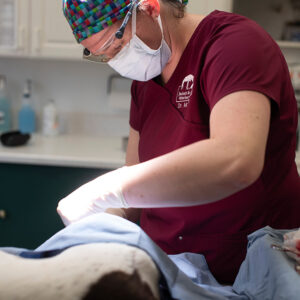 At Beckett & Associates, we understand how stressful surgery can be for you as the pet parent, which is why keeping you informed at every step of the way is a priority for us. Not only do we invest in the best surgical equipment available, but we also follow strict safety protocols to ensure your pet has the best possible outcome.
At Beckett & Associates, we understand how stressful surgery can be for you as the pet parent, which is why keeping you informed at every step of the way is a priority for us. Not only do we invest in the best surgical equipment available, but we also follow strict safety protocols to ensure your pet has the best possible outcome.
We routinely perform many soft tissue surgical procedures at our practice ranging from spay/neuter to larger mass removals and everything in between. We also perform orthopedic surgeries including cranial cruciate ligament (CCL) repair, pinning and external fixation of fractures, and amputations.
Whether your pet needs an elective surgery (like spays or neuters) or a non-elective one (intestinal surgery, mass removals, and orthopedic procedures) we’re equipped to take care of your beloved pet like our own, with every comfort measure possible before, during, and after surgery.
Laser Surgery:
- We are proud to offer laser surgery to our patients, which is an innovative surgical method that uses an intense beam of light. Using an instrument that allows it to be precisely controlled, the laser beam replaces the traditional scalpel.
Laser energy instantly allows us to remove an extremely small area of tissue while sealing nerve endings and blood vessels. This results in less bleeding, less pain, and faster healing time.

